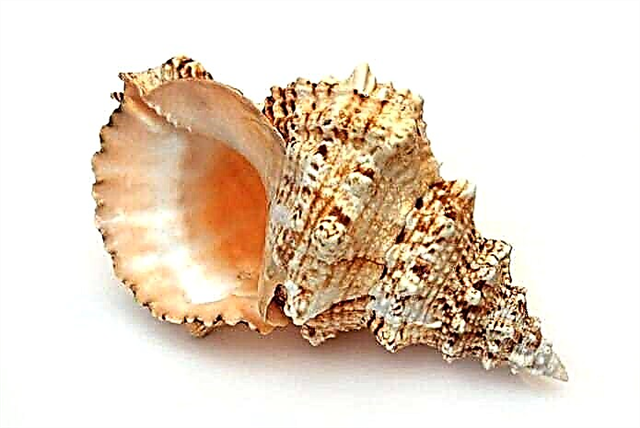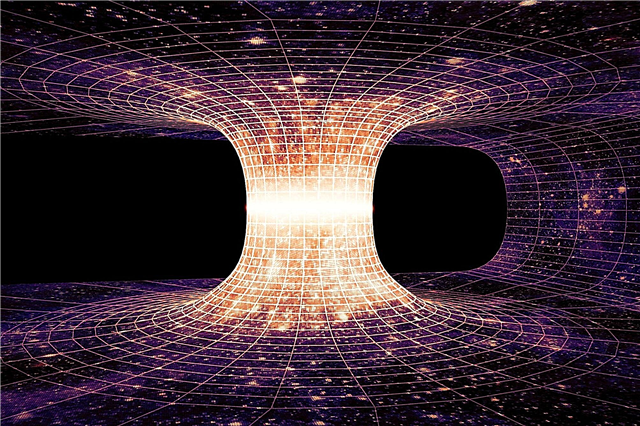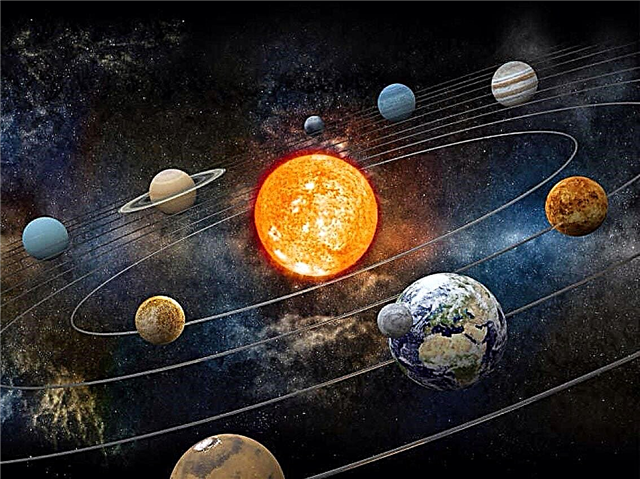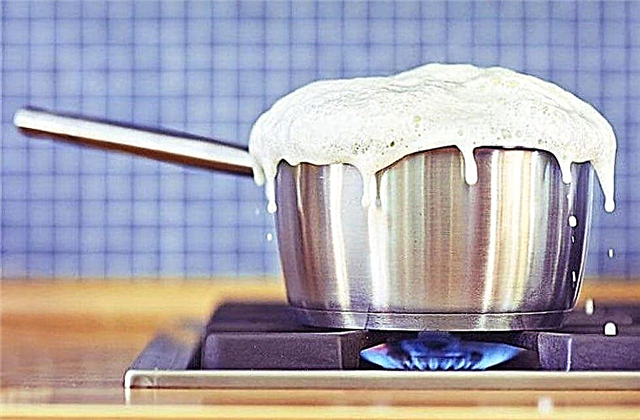
Often, sailors of ships that crashed or got lost in the sea waters died of thirst. But few people know why so, because there is a lot of water around.
The thing is that sea water is saturated with such a composition that it is not suitable for the human body and does not quench thirst. In addition, the sea water has a specific taste, bitter and salty, and it is not suitable for drinking. This is all because of the salts dissolved in it. We'll figure out how they got there.
What gives a salty taste to water

The salt has a crystalline appearance. Ocean water in its composition have almost all the elements of the periodic table. Hydrogen and oxygen are combined into water molecules. The composition also includes impurities of fluorine, iodine, calcium, sulfur and bromine. The mineral base of seawater is dominated by chlorine and sodium (common salt). It is because of this that salt water in the sea. It remains to be seen how salts get into this water.
How was sea water formed?
Scientists conduct experiments for a long time and try to find out why salt water in the sea and fresh water in the river. There are several theories of salt water formation.

It turns out that in rivers and lakes, water is also salty. But the salt content in them is so small that it is almost imperceptible. According to the first theory, river waters falling into the seas and oceans evaporate, but salts and minerals remain. Because of this, their concentration increases all the time and the water in the sea and ocean becomes salty.
According to scientists, the process of salinization of the seas takes place over a billion years. But contrary to the first theory, it is proved that the waters in the oceans do not change their chemical composition for a long time. And those elements that fall with river water only support the oceanic composition, but it does not change in any way. Another theory follows from this. Salt has a crystalline consistency. Waves beating against the shore wash the stones. They form holes. When water evaporates, salt crystals remain in these wells. When the stone collapses, salt again falls into the water and it becomes salty.
The result of volcanic activity
Scientists have concluded that water in the seas was salty even at a time when humanity did not exist on the planet. And the reason for this was volcanoes. The earth's crust for many years was formed by the release of magma. And volcanic gases contain chemical combinations of chlorine, fluorine and bromine. They fell into the oceanic waters in the form of acid rain and initially the water in the ocean was acidic. This water broke the crystalline rocks of the earth's crust, and extracted magnesium, potassium and calcium. These acids began to form salts as a result of reaction with solid earthen rocks. Few people know that the salt familiar to us was formed as a result of the reaction of perchloric acid from the ocean and sodium ions from volcanic rocks.
Thus, seawater gradually became less acidic and more salty. And by our time, the sour taste has disappeared altogether and we observe only salty sea water.Proponents of this theory are confident that the water of the seas and oceans acquired its current properties 500,000,000 years ago.
It was then that the Earth freed itself from the gases of volcanoes and the composition of the water stabilized. And carbonates that penetrate the seas with a river flow disappear from the composition of the water thanks to the inhabitants of the underwater world who filter and purify the water. They use these minerals to build shells that protect the body from mechanical stress.
What changes the composition of water
In different parts of the sea at different times of the year, the salt composition may vary. It depends on the depth and intensity of evaporation. Where it is deep and cool (that is, evaporation is less), then the composition of salt in water is less. Where it is smaller and at high temperature, the water is more salty, because the water evaporates, and the minerals remain and concentrate the remainder of the water. But these indicators are not significant, according to this it is considered that the salinity of the water does not change.
Today, scientists are of the opinion that both theories have the right to life, and they only complement each other.












